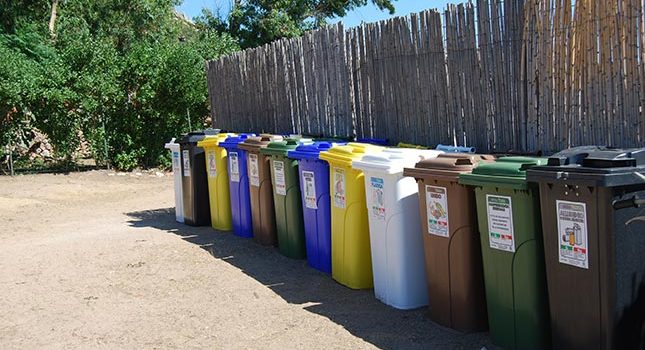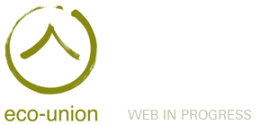Zero Beach – Plastic Prevention Scheme for Beaches

© Ecounion
This initiative aims to define
a prevention waste/marine litter protocol as a waste management framework for
beaches, which can be implemented without necessity of a proper “waste
legislation” (zero waste, single use plastics, etc.). The Zero Beach protocol
can be framed as a quality scheme or label to distinguish the environmental
performance of beaches (as blue flag initiative does). This protocol is
comprised of two parts:
- A waste management system to prevent beach and marine litter.
- An educational scheme for beach users.
The main features of the
scheme will be:
- Transition system: it is not a substitute of a waste regulation (eg. Plastic Single Use, Zero Waste or Deposit schemes), but a waste management scheme to help coastal municipalities and Marine Protected Areas to prevent waste and marine litter.
- Replicability: Zero Beach is a protocol that can be implemented at any beach.
- Preventive: Eliminates plastic waste on beaches and marine litter.
- Commitment levels: Zero Beach aspires to works towards zero waste? And is comprised of three stages: Single Use Plastics, Free Plastic, Zero Waste.
- Multi-stakeholder engagement: the scheme defines waste protocols for every beach user; it will also involve key players and consult them when needed.
- Educational: the scheme requires the development of a communication plan for beach users regarding the
initiative and its beach conservation efforts.
- Rewarding: the scheme will recommend actions to reward pro-environmental behaviours and introduce economic incentives.
- Surveillance: the scheme requires the establishment of a waste scheme assessment protocol to ensure proper implementation based on Marine Litter Watch Protocol.
Main results of the project :
BeMed supported the first phase of a 3-part project:
- 1. Drawing up a waste prevention protocol to be implemented on beaches
- 2. Pilot test
- 3. Finalisation and legal assessment of the protocol
The first phase consisted of compiling existing protocols, capitalising on pilot cases in other regions, understanding the sources of local pollution and discussing with the stakeholders involved to establish a suitable protocol.
The protocol is based on 3 approaches:
- 1- Work with beach bars and tourists to reduce the use of single-use plastics.
- 2- Introduce smoking and non-smoking areas on the beaches, with adequate facilities for collecting cigarette butts and awareness-raising signs.
- 3- Improve waste sorting by installing machines that ‘pay’ for each bottle/can thrown away.

